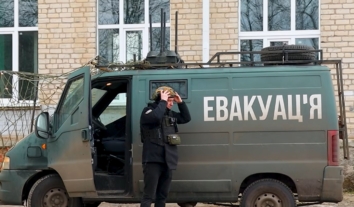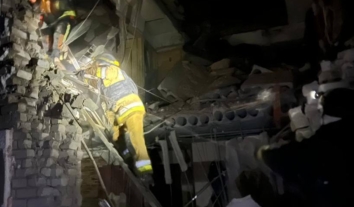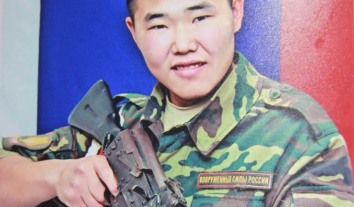Peaceful assemblies prohibited less in Ukraine – study
Most often, the restrictions were explained by the fact that participants would interfere with the other and the law enforcement officers would not be able to maintain public order.
As the Human Rights Information Centre correspondent reports, this was noted by Volodymyr Chemerys, the chairman of board of the NGO “Republic Institute”, the expert of the Ukrainian initiative “For peaceful protest!”
According to the study, conducted by the initiative, the number of peaceful assemblies was constantly growing for the period 1995-2012. This, according to the expert, is associated with the fact that the Ukrainians consider such protests to be the most effective means of protecting their social and civil rights.
Until 2012, the number of lawsuits to ban peaceful assemblies was growing: from 240 lawsuits in 2010 up to 414 lawsuits in 2012. The number of sustained claims was also growing – from 76.7% in 2010 up to 84.3% in 2012. In 2013, these figures decreased slightly.
“The most common reasons for the ban were the so-called local regulations on the procedure of peaceful assembly. Some judges even took into account the decree of the Presidium of the Supreme Soviet of the USSR of 1988, which established a 10-day period of prior notification of the assembly,” Volodymyr Chemerys said.
Other arguments were that the assembly participants might interfere with other citizens and the law enforcement officers would not be able to maintain public order during the assembly.
January-February 2014, the representatives of local authorities appealed to the court to ban the Maidan protests in different regions of Ukraine 37 times. 31 claims were sustained. The majority of bans were imposed in Kyiv region.
The number of prohibitions of assemblies in January-February 2014 was 41.3% of total bans of rallies and demonstrations for the first six months of 2014.
In 2014, the largest number of restrictions on freedom of peaceful assemblies following the court rulings was in Kharkiv region (all 25 lawsuits were sustained) and in Odesa region (21 of 23 claims were sustained).
“There are regions, where the local authorities do not sue to ban peaceful assembly. In particular, the city of Kyiv is among such cities,” the expert said.
In his opinion, it is the impact of conduct of a series of regional round tables with participation of the law enforcement officers and the public, where the issues of prohibition of peaceful assembly and the practice of the European Court of Human Rights were discussed.














